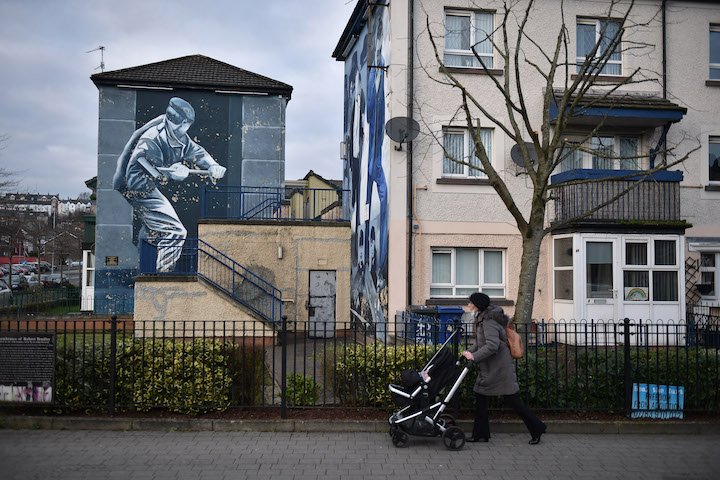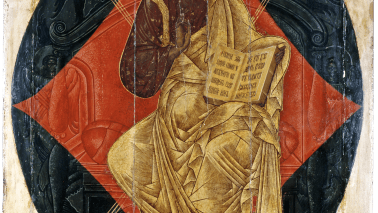Northern Ireland is a few weeks out from a Davos-style gathering of the great and the good to mark 25 years since the signing of the Belfast Agreement. The Clintons will be in town, Joe Biden will be there to presumably tell some folksy, paddywhacking wisecrack and Tony Blair might even feel the familiar touch of the hand of history upon his shoulder.
Unhelpful, then, that the real world is deciding to intrude. Outside the backslapping get-togethers planned at venues such as Queen’s University in Belfast, villains still roam the streets and backroads of Ulster.
After an attack on a police patrol in Strabane by dissident republicans in November and the attempted murder of Deputy Chief Inspector John Caldwell in Omagh last month, the security forces have raised the terror threat level in Northern Ireland from substantial to severe – meaning that they believe an attack is highly likely. Elsewhere, an ongoing feud between rival branches of the Ulster Defence Association (allegedly due to a turf war over drug dealing), has led to a series of arrests after a spate of arson attacks in the North Down area.
The Good Friday Agreement froze the divisions of the past in aspic without addressing the underlying factors which drive division
There will be plenty solemn talk about this in Belfast in a few weeks’ time among the blow-ins from Washington and London and the professional peace-processors from various NGOs which have mushroomed since 1998.

Get Britain's best politics newsletters
Register to get The Spectator's insight and opinion straight to your inbox. You can then read two free articles each week.
Already a subscriber? Log in






Comments
Join the debate for just £1 a month
Be part of the conversation with other Spectator readers by getting your first three months for £3.
UNLOCK ACCESS Just £1 a monthAlready a subscriber? Log in